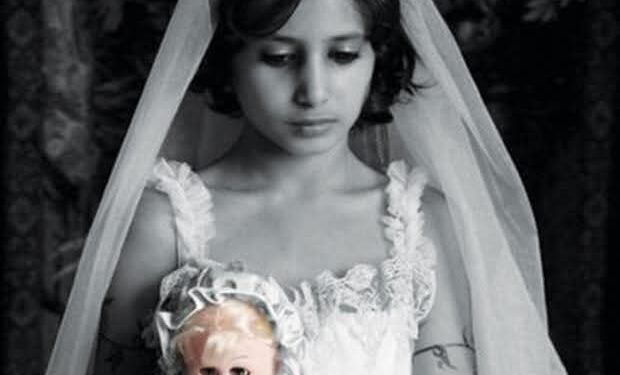In a move sparking widespread criticism, the Iraqi parliament has passed amendments to the nation’s personal status law, effectively legalizing marriage for girls as young as nine under certain interpretations of Islamic law. The amendments, which give Islamic courts greater authority over family matters, have drawn strong condemnation from human rights groups and advocates for women’s and children’s rights.
As it was gathered by international correspondents of The Merit Newspaper, on January 21, 2025, the Iraqi parliament passed these contentious amendments, which now allow judges to rule on marriage cases based on their interpretation of Islamic jurisprudence. For Shia Muslims, the Ja’fari school of thought, which permits marriage for girls starting at age nine, could now be legally applied. Previously, Iraq’s legal marriage age was set at 18, with some exceptions allowing girls as young as 15 to marry with parental consent.
Critics argue that the changes undermine the 1959 Personal Status Law, which once stood as one of the most progressive family laws in the Middle East, providing protections for women and unifying family laws across sectarian lines. “This is a step backward for women’s rights in Iraq,” said Hanaa Edwar, a prominent Iraqi activist and founder of the Al-Amal Association. “Child marriage deprives girls of their childhood, education, and basic rights, leaving them vulnerable to abuse and exploitation.”
According to sources interviewed by The Merit Newspaper, supporters of the amendments claim the changes respect Iraq’s religious diversity and allow citizens to adhere to their respective faith traditions. “This is about freedom of religion and respecting the wishes of Iraq’s Shia majority,” said an unnamed parliamentarian who supported the law.
The decision has faced intense criticism domestically and internationally. Many fear it will lead to an increase in child marriages, depriving girls of access to education and opportunities for personal growth. Activists also warn of long-term health and psychological risks for child brides, including complications during childbirth and mental health issues caused by early marital responsibilities.
International organizations have also called on the Iraqi government to reconsider the amendments and ensure that girls’ rights are protected. “Iraq has taken a dangerous step in the wrong direction,” said a spokesperson for Human Rights Watch. “This law opens the door for widespread child marriages, denying young girls their fundamental rights.”
The Merit Newspaper correspondents reported that the amendments come at a time when Iraq is grappling with numerous social and economic challenges, further complicating efforts to address gender inequality in the country. As protests and public outcry grow, the future of Iraq’s legal system and its impact on women and girls remains uncertain.
Advocates have urged lawmakers to focus on laws that promote equality and protection for vulnerable groups, warning that the new legal framework risks undoing decades of progress in women’s rights.















